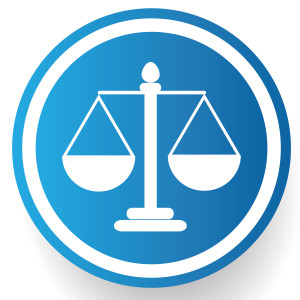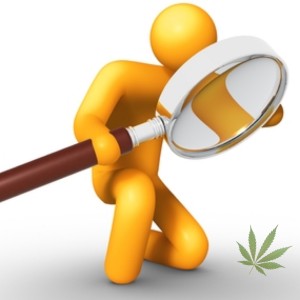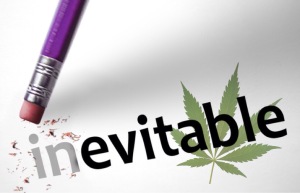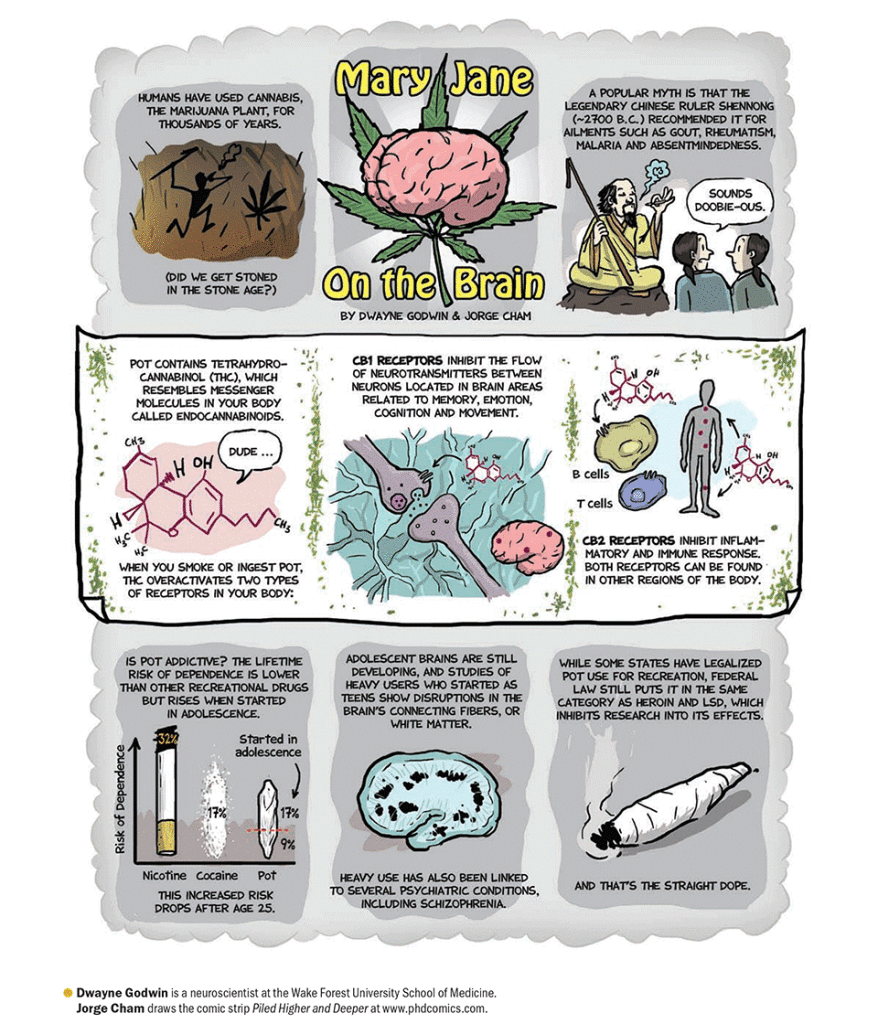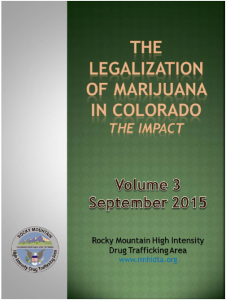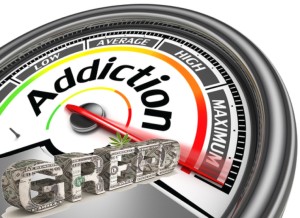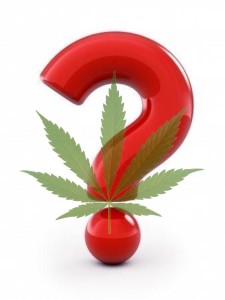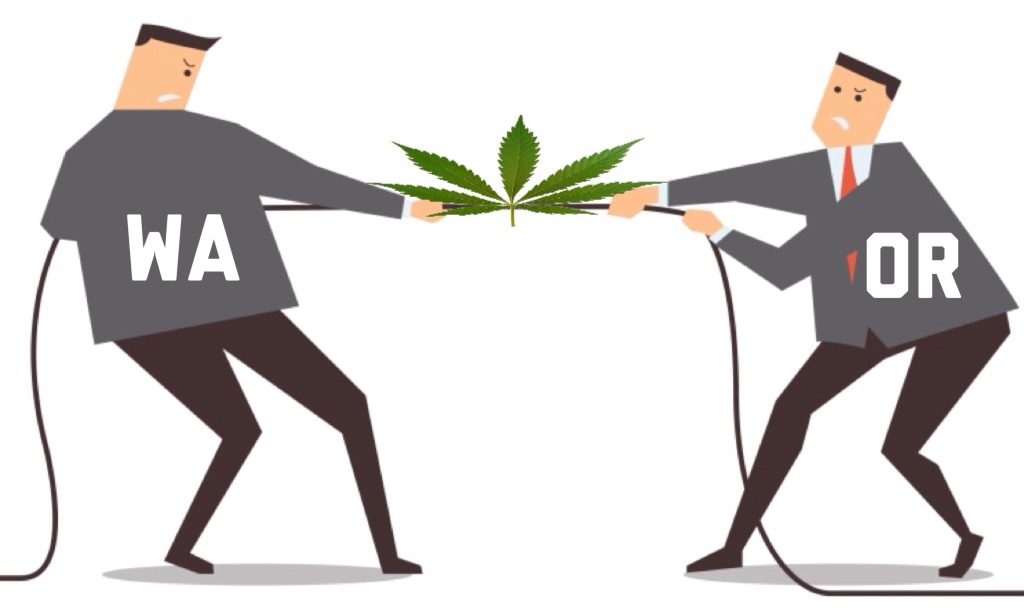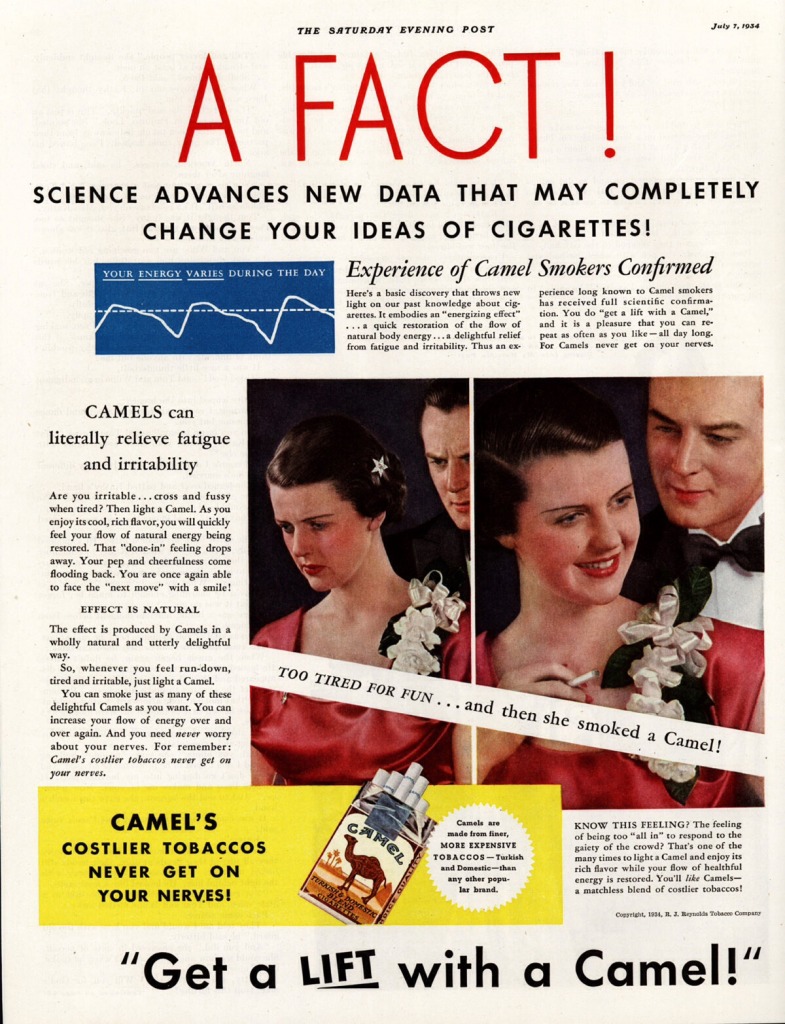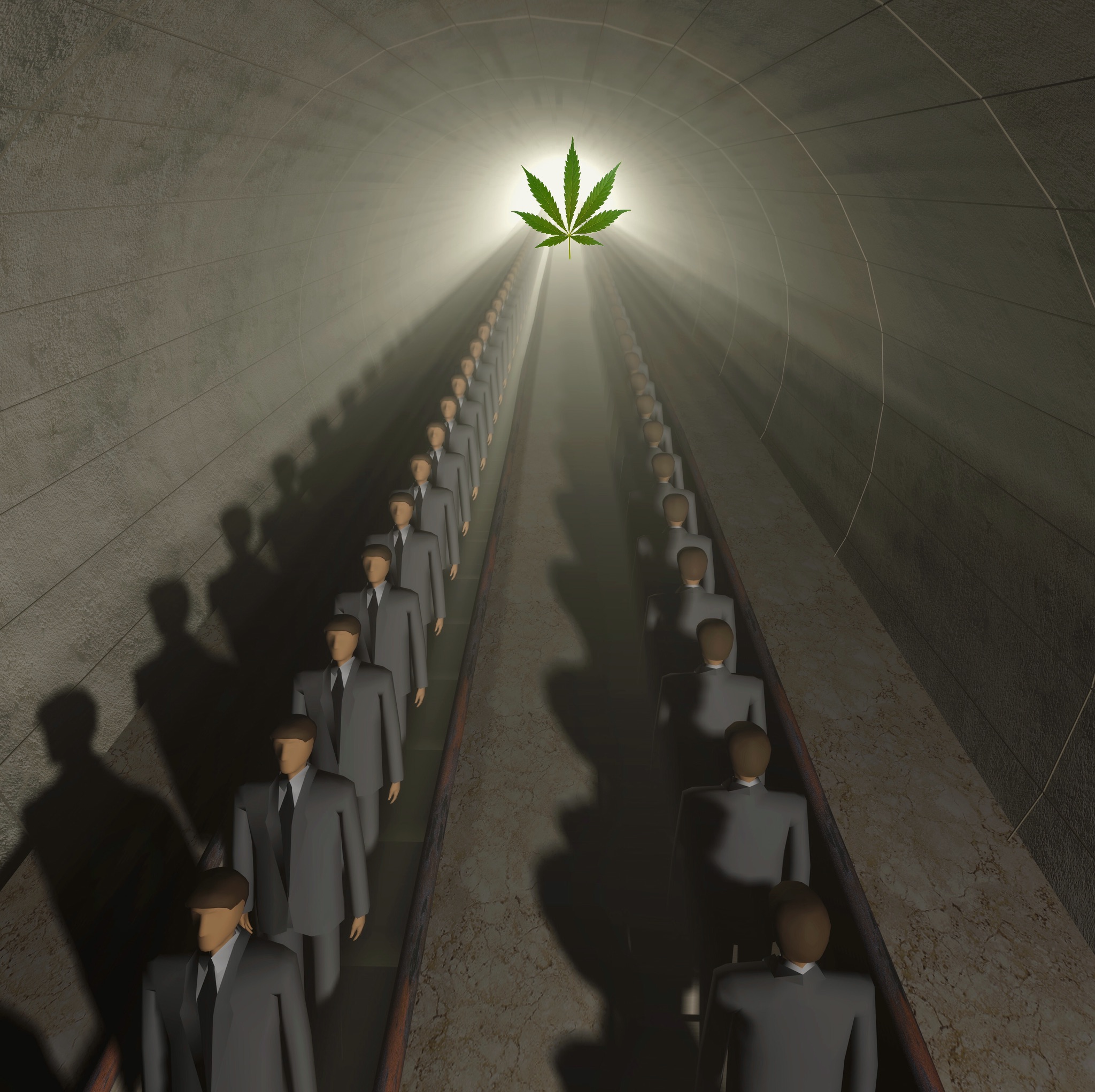 The marijuana lobby and its spokespersons now are actively blaming communities who refuse to support commercial drug use promotion for the black market in marijuana.
The marijuana lobby and its spokespersons now are actively blaming communities who refuse to support commercial drug use promotion for the black market in marijuana.
And unfortunately, the Boston Globe, Gatehouse Media and other media outlets are buying in. The Globe’s July 7th, 2018 editorial “Mass. towns need to stop stalling on marijuana rules” is about the uncertainty created for the marijuana industry because of extended moratoriums. But behind that pretense is the new blame game: saying that communities who choose to refuse to support or promote commercial marijuana/THC are responsible for the marijuana black market.
The notion that all communities should increase marijuana/THC availability and sales because some of them are stuck with it is illogical. It’s like saying that because Flint has lead in its water, all communities in Michigan should have lead in their water for the sake of social justice. Both are known neurotoxins to the developing brain. And both hit vulnerable populations hardest. And we need less of both neurotoxins in all of our communities.
If the shaky numbers coming out of UMass Amherst for the “marijuana baseline study” (with a survey response rate of 20ish % — too low to be valid) are anywhere near true, with marijuana use rates at 19%, that number is worrisome and high. Tobacco use rates have been brought down to 11% in Massachusetts. The marijuana commercialization lobby is clearly driving a message that is encouraging more marijuana/THC use. That’s a public health indicator that is moving in precisely the wrong direction.
Continue reading Marijuana Mills Drive Addiction. Resistance is Local.
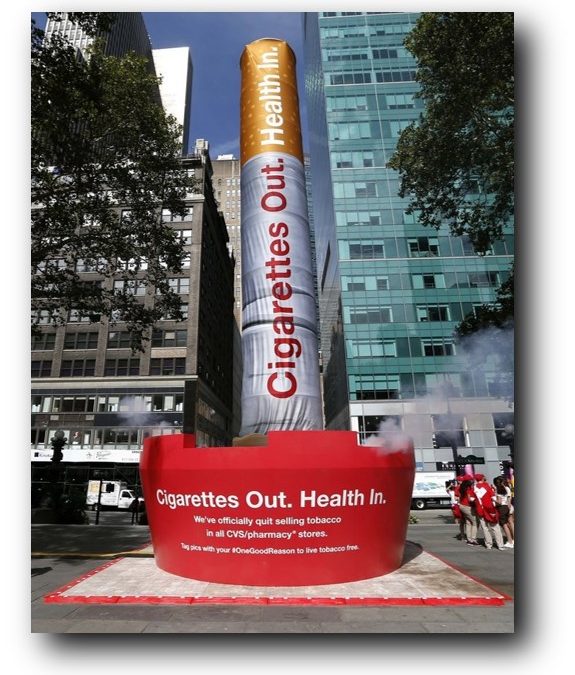





 Update April 3, 2017: The Massachusetts Municipal Association continues to advocate for changes to the Massachusetts Marijuana Law that simply and clarify local control options for cities and towns.
Update April 3, 2017: The Massachusetts Municipal Association continues to advocate for changes to the Massachusetts Marijuana Law that simply and clarify local control options for cities and towns. 
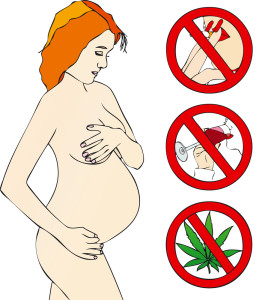
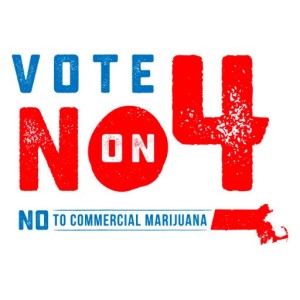
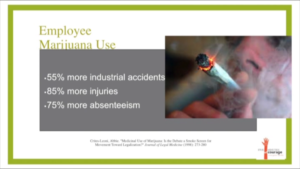 In this second in a series from WestboroughTV, the issue of marijuana legalization and commercialization for recreational purposes is explored through conversation. In this episode, Colorado business consultant Jo McGuire joins hosts Heidi Heilman and Jody Hensley to shed light on what might be coming to Massachusetts should Ballot Question 4 be approved by the voters this November. Employment and workplace issues, types of marijuana and THC products, youth use data in Colorado, taxes and revenue and implications on youth access and the black market from home growing are discussed. A must see for anyone considering which way to cast their vote in Massachusetts, or in Arizona, Maine, and Nevada where similar industry-written questions are on the ballot.
In this second in a series from WestboroughTV, the issue of marijuana legalization and commercialization for recreational purposes is explored through conversation. In this episode, Colorado business consultant Jo McGuire joins hosts Heidi Heilman and Jody Hensley to shed light on what might be coming to Massachusetts should Ballot Question 4 be approved by the voters this November. Employment and workplace issues, types of marijuana and THC products, youth use data in Colorado, taxes and revenue and implications on youth access and the black market from home growing are discussed. A must see for anyone considering which way to cast their vote in Massachusetts, or in Arizona, Maine, and Nevada where similar industry-written questions are on the ballot.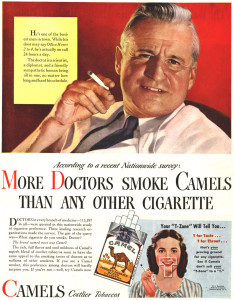 Do you remember the 1990s? In the 1990s, Massachusetts and other states successfully sued the tobacco industry for
Do you remember the 1990s? In the 1990s, Massachusetts and other states successfully sued the tobacco industry for 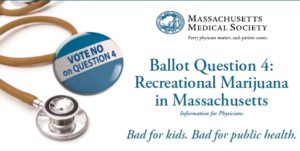 While the Yes On 4 campaign uses deceitful and confusing TV ads featuring “doctors” to push full-blown, commercialized, retail recreational bud, concentrate, edible THC-infused food and other high-potency marijuana-derived products, our real doctors are urging their colleagues, and all voters, to Vote No on Question 4 in Massachusetts. They join the Campaign for a Safe and Healthy Massachusetts and eight other Massachusetts-based physicians groups on a
While the Yes On 4 campaign uses deceitful and confusing TV ads featuring “doctors” to push full-blown, commercialized, retail recreational bud, concentrate, edible THC-infused food and other high-potency marijuana-derived products, our real doctors are urging their colleagues, and all voters, to Vote No on Question 4 in Massachusetts. They join the Campaign for a Safe and Healthy Massachusetts and eight other Massachusetts-based physicians groups on a 





